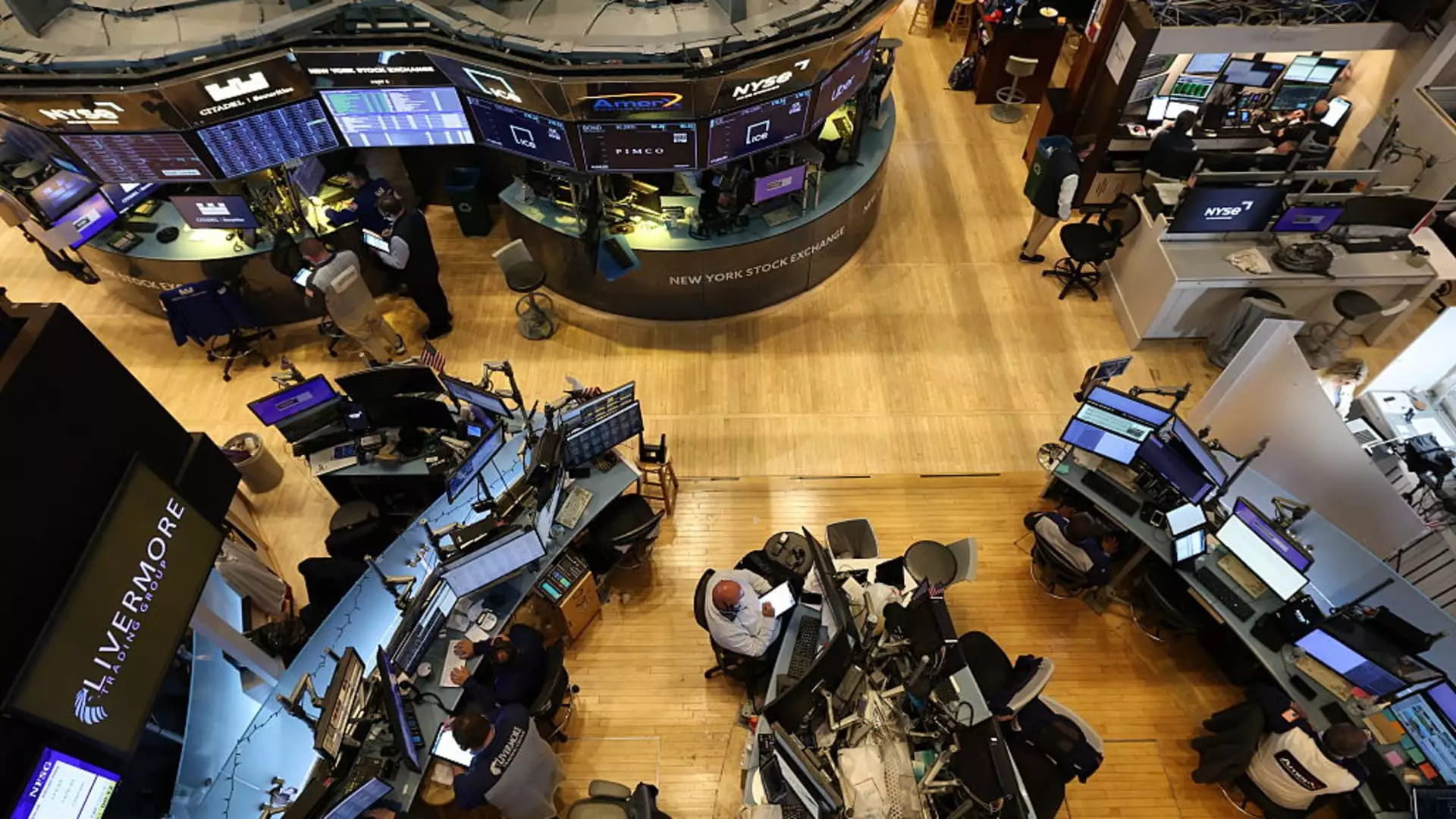The recent fluctuations in the stock market highlight a fragile veneer of confidence that can quickly crack under geopolitical pressures. While futures indicate minimal changes—traders seem poised but largely complacent—the underlying reality is far from stable. The markets’ mild responses do little to obscure the deeper issues at play. In particular, the United States’ aggressive tariff policies, championed by President Trump, threaten to unravel years of cautious progress toward global economic integration. The belief that stock indices can weather these political storms unscathed is an illusion; beneath the surface, increased tariffs are poised to stifle innovation, raise living costs, and deepen international tensionsthat threaten to erode the very fabric of open markets.
The Risks of a Protectionist Approach
Tariffs, often touted as tools for protecting domestic industries, carry unforeseen costs that can ripple through every sector of the economy. Trump’s recent announcement of tariffs on 14 countries, including key allies Japan and South Korea, signals a shift towards destabilizing protectionism. Rather than fostering national resilience, these duties risk provoking retaliatory measures that could escalate into a trade war. The forecasted 25% to 40% duties, alongside a proposed 50% levy on copper imports and threats of tit-for-tat tariffs on pharmaceuticals, exemplify a reckless gamble. Governments and markets need to recognize that such measures are a short-sighted attempt to solve complex economic problems, often leading to higher prices for consumers and strained international partnerships. The willingness to implement sector-specific tariffs further reveals a misguided belief that piecemeal protection can insulate industry from broader economic shocks.
The Fragile Balance Between Policy and Global Markets
Rather than strengthening economic resilience, protectionist policies often sow confusion and volatility. The market’s slight uptick after Trump’s tariff announcement should not be mistaken for confidence; this steadiness is superficial and masks the mounting risks. The White House’s inability—or refusal—to achieve meaningful trade agreements suggests that the administration’s approach risks making the economy hostage to political whims. The global markets, including Nikkei 225, KOSPI, and Stoxx 600, displayed modest gains, yet these are merely calm before the storm. The upcoming release of Federal Open Market Committee minutes promises to reveal whether monetary policy can stabilize a tumultuous climate, but policy solutions alone cannot address underlying issues caused by protectionist shocks.
When Short-term Gains Undermine Long-term Prosperity
This current trajectory demonstrates a dangerous short-sightedness—pandering to nationalist economic sentiments while ignoring the long-term damage caused by disruptive tariffs. The narrative that Trump’s tariffs will invoke fairer trades and bolster American industries is overly simplistic and often misguided. The truth is that such tariffs threaten to undermine the foundational principles of free markets and global cooperation. An increasingly isolated approach risks retaliatory actions from allied nations, possibly leading to a cycle of economic deceleration that neither political bloc can afford. Protecting particular sectors at the expense of broader economic stability ultimately hampers innovation and job growth, especially when the ripple effects reach consumers and smaller businesses already struggling to adapt to rapid change. Ironically, the real winners in this pursuit are those who manipulate markets for short-term gains rather than those striving for sustainable, inclusive economic growth.


Leave a Reply